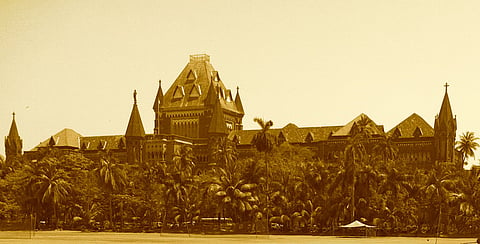
- News
- Columns
- Interviews
- Law Firms
- Apprentice Lawyer
- Legal Jobs
- हिंदी
- ಕನ್ನಡ

The establishment of commercial courts is long overdue in India. The issue was raked up in the 188th Report in 2003. It was almost passed in 2009 but was referred to the present Law Commission to iron out the creases.